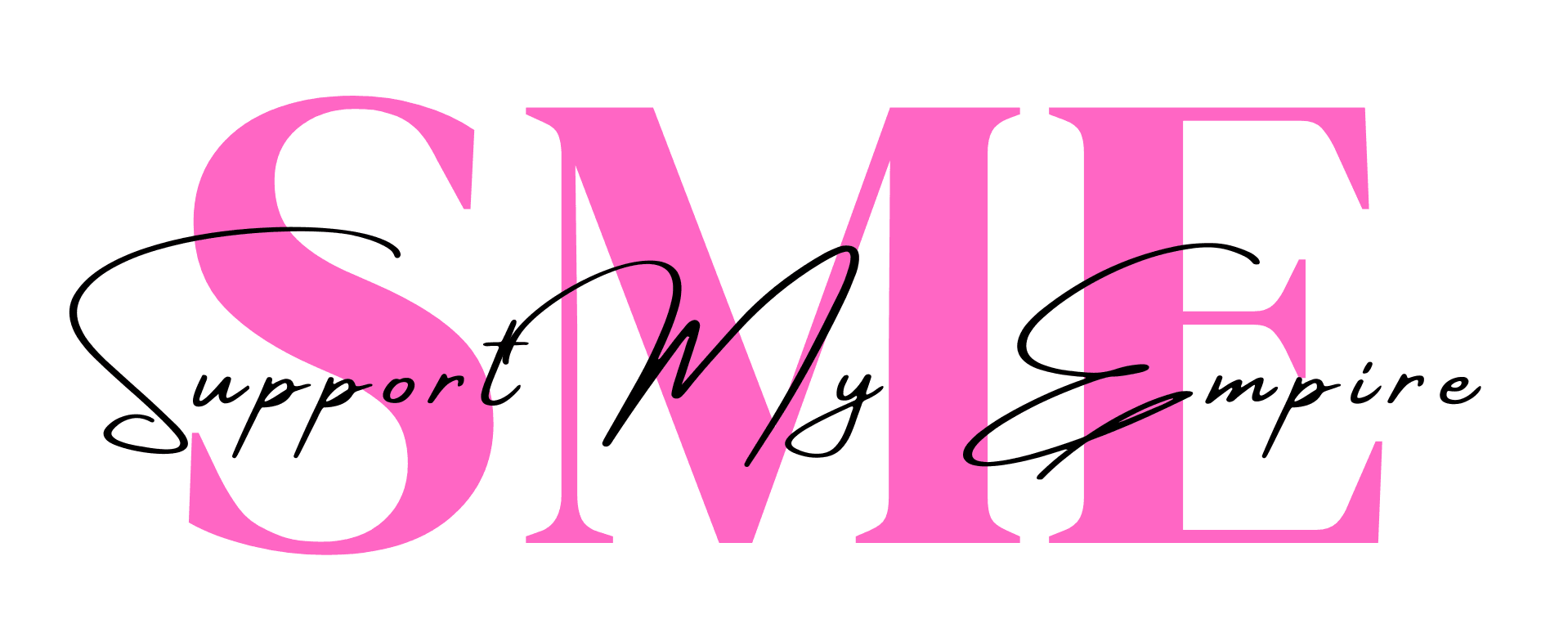Doing Business As “DBA”
“Doing Business As” (DBA) is essentially a trade name or a fictitious name that a business uses to operate under a name different from its legal or registered name. It’s also known as a trade name, assumed name, or fictitious business name, depending on the jurisdiction.
Think of it as a nickname for your business. While your business might be officially registered with a certain name, a DBA allows you to conduct business under another name. This can be particularly useful if you want to brand your business differently, operate multiple businesses under one legal entity, or if you’re a sole proprietor who wants to use something other than your own name for your business.

For example, let’s say you’ve registered your business as “Smith Enterprises, LLC,” but you want to operate a bakery called “Sweet Delights.” By registering a DBA for “Sweet Delights,” you can use that name for your bakery’s branding, signage, and marketing materials without having to officially change your business’s legal name.
Why use a DBA?
Here are some scenarios where using a DBA might be advantageous:
1. Branding Purposes
If you want to establish a distinct brand identity separate from your legal entity’s name, a DBA allows you to do so. This is especially useful if your legal business name is generic or doesn’t align with your branding strategy.
2. Operating Multiple Businesses
If you run multiple lines of business under one legal entity, using DBAs for each business can help clarify your offerings and target different customer segments more effectively. It allows you to create separate brand identities for each venture while maintaining centralized control.
3. Expanding into New Markets
When expanding into new geographic areas or markets, using a DBA can help you adapt your brand to local preferences and cultures. It allows you to establish a presence that resonates with the target audience without the need to create separate legal entities.
4. Franchising or Licensing
If you’re franchising your business or entering into licensing agreements, using DBAs can give franchisees or licensees the flexibility to operate under a name that aligns with your brand while maintaining consistency across locations.
5. Personalizing Your Business
For sole proprietors or partnerships, using a DBA can add a personal touch to your business name, making it more memorable and marketable. It allows you to create a distinct brand identity without using your personal name.
6. Rebranding or Refreshing Your Image
If you’re undergoing a rebranding initiative or simply want to refresh your brand image, using a DBA can signal a new direction or focus for your business without the need for a legal name change.
7. Legal Compliance
In some jurisdictions, using a DBA is required by law if you’re operating under a name other than your legal entity’s name. Registering a DBA ensures that you’re compliant with local regulations and avoids potential legal issues.
Using a DBA can be beneficial for businesses looking to enhance their branding, expand into new markets, operate multiple businesses, or maintain legal compliance. It provides flexibility and versatility in how you present your business to the world while preserving the integrity of your legal entity.
Advantages
Using a DBA provides advantages such as brand flexibility, market segmentation, operational autonomy, local presence, and legal compliance, making it a valuable tool for businesses looking to enhance their identity, expand their reach, and maintain regulatory compliance.
Brand Flexibility: Using a DBA allows you to create and operate under a brand name that resonates with your target audience. This flexibility in branding enables you to differentiate your business from competitors and establish a unique identity in the marketplace.
Market Segmentation: With a DBA, you can segment your target market more effectively by operating multiple lines of business under different names. This allows you to tailor your marketing efforts and product offerings to specific customer segments, increasing relevance and appeal.
Operational Autonomy: If you have multiple business ventures under one legal entity, using DBAs gives each venture its own identity and autonomy. This enables you to manage each business separately while streamlining administrative tasks such as accounting and taxes.
Local Presence: Using a DBA can help you establish a local presence in different geographic areas without the need for separate legal entities. This is particularly advantageous for businesses looking to expand into new markets or operate branches in multiple locations.
Legal Compliance: Registering a DBA ensures that you’re compliant with local regulations when operating under a name different from your legal entity’s name. This helps prevent legal issues and ensures transparency and accountability in your business operations.
Disadvantages
While using a DBA offers advantages such as flexibility and branding opportunities, it also comes with disadvantages such as legal complexity, confusion, additional costs, trademark risks, and limited protection. Businesses should carefully weigh these factors and consider seeking professional advice before deciding to use a DBA.
Legal Complexity: Registering and maintaining a DBA can involve legal paperwork and ongoing compliance requirements, which may vary depending on your jurisdiction. Failure to comply with regulations could result in fines or legal repercussions.
Confusion: Using multiple DBAs for different business ventures may confuse customers or stakeholders about the company’s identity, leading to potential loss of trust or credibility. It can also make it difficult to maintain consistent branding and messaging across all business operations.
Additional Costs: There are costs associated with registering and renewing DBAs, including filing fees and legal expenses. These costs can add up, especially for businesses operating under multiple DBAs or in multiple jurisdictions.
Risk of Trademark Issues: Using a DBA that infringes on existing trademarks could lead to legal disputes and potential financial liabilities. Conducting thorough trademark searches before registering a DBA can help mitigate this risk, but it’s not foolproof.
Limited Protection: While registering a DBA provides some level of legal protection, it doesn’t offer the same level of protection as a registered trademark. This means that other businesses could still use a similar or identical name, potentially diluting your brand and causing confusion among customers.
Conclusion
In conclusion, while using a Doing Business As (DBA) offers businesses numerous benefits such as branding flexibility and market segmentation, it’s essential to approach this decision with careful consideration.
DBAs provide opportunities for businesses to expand their reach, establish unique identities, and adapt to changing market dynamics. However, they also come with challenges such as legal complexity, potential confusion, and additional costs.
the decision to use a DBA should align with your business objectives, branding strategy, and regulatory requirements. By weighing the advantages and disadvantages, businesses can make informed decisions that support their long-term success.
So, whether you’re a startup aiming to make a splash or an established company seeking to refresh your brand, remember to evaluate the potential impact of a DBA on your business carefully. With thoughtful planning and execution, a well-chosen DBA can be a valuable asset in your journey towards growth and prosperity.re. With careful consideration and diligence, businesses can navigate the complexities of corporate law and operate with confidence in the protection of their interests.
Grow Your Retail Empire with Proven, Scalable Strategies
Discover three ways to elevate your business—choose the path that suits your goals best.
We’ll do the heavy lifting so you can focus on running your business.
You won’t be doing this alone; we’ll walk you through every step.
No Burpees, Just Flexing! Weekly Workouts for a Stronger Bottom Line.
Resources
The Retail Gym Your Weekly Business Workout
No sweat, just success! The Retail Gym is your weekly business workout designed to help you lift your retail strategies, tone your sales skills, and flex your competitive edge—without a single burpee.






